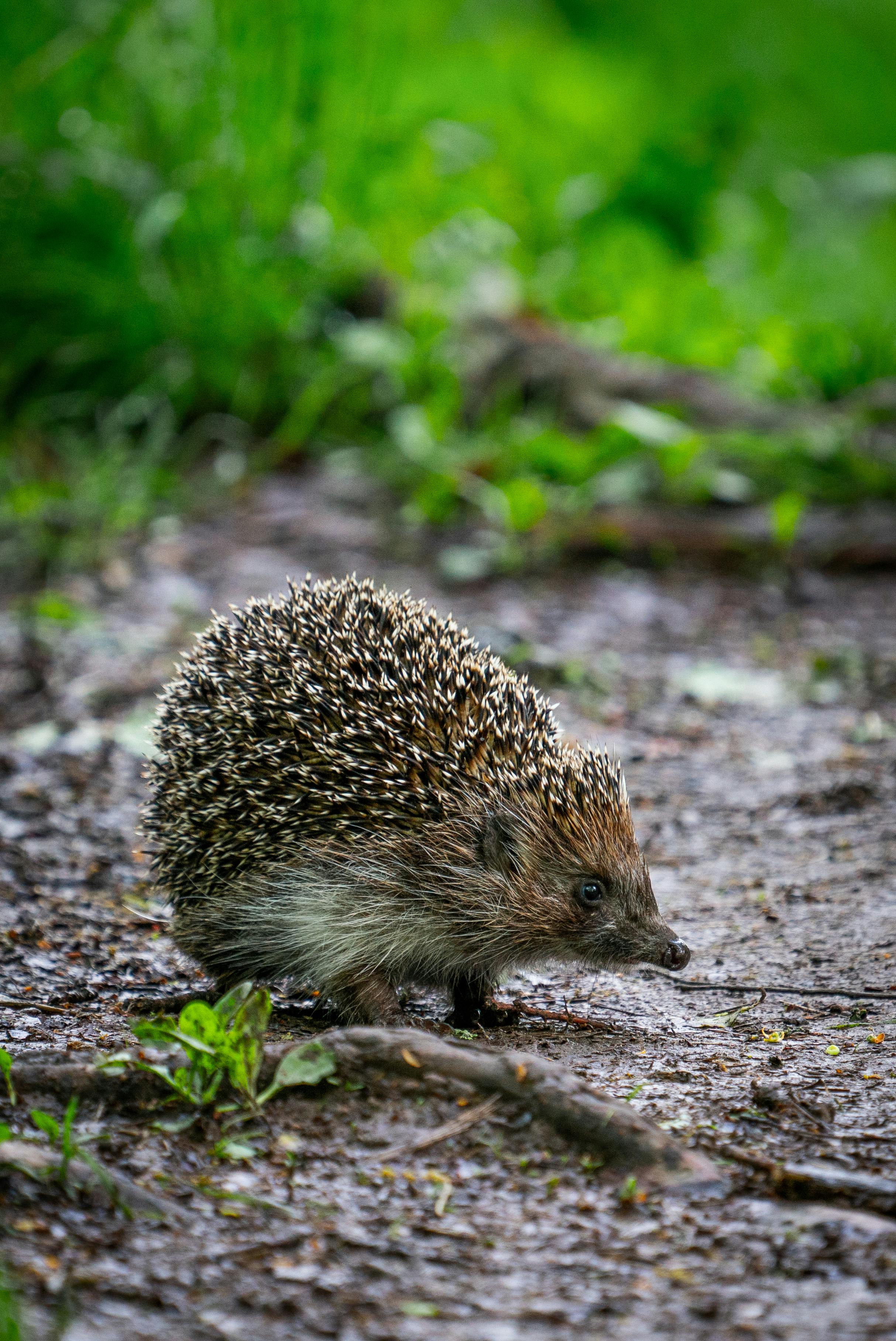Effective Ways to Enhance Your Orange Puffer Fish Care in 2025
Orange puffer fish, known for their vibrant coloring and unique personalities, are a favorite among aquarists looking to add color and intrigue to their aquatic environments. These fascinating creatures not only provide aesthetic value but also reflect the delicate balance of marine life in home aquariums. Understanding how to properly care for them—including their diet, habitat, and social needs—is essential for any fish enthusiast. This guide will explore effective tips for enhancing your puffer fish care in 2025, ensuring a healthy and vibrant habitat for these tropical pets.
In this article, we will cover a range of topics including the setup required for orange puffer fish habitats, their feeding needs, water parameters, and common health issues. By following these guidelines, new and seasoned fish keepers can foster a thriving puffer fish community, maximizing the health and happiness of their aquatic pets.
Key takeaways include: implementing proper tank setups, understanding puffer fish behavior and compatibility with tank mates, ensuring optimal water conditions, and maintaining a balanced diet. Let's dive deep into the world of puffer fish care!
Setting Up the Perfect Puffer Fish Habitat
Building on the basics of puffer fish care, the next step is creating a suitable habitat. An effective fish tank setup is critical for your orange puffer fish to thrive. These fish are known for their specific environmental needs, so it's vital to pay attention to their housing requirements.
Understanding Tank Size and Layout
When it comes to suitable tank size for puffer fish, a minimum of 30 gallons is recommended to provide ample swimming space. This is important as puffer fish tend to be more active and require room to roam. Furthermore, a well-structured tank layout not only enhances the aesthetic appeal but also contributes to the puffer’s temperament and health.
Incorporating various decorations such as rocks, caves, and plants can simulate a natural environment, enabling your orange puffer fish to feel secure. Recommendations include using non-toxic materials and ensuring that all items are rounded to prevent injuries. Avoid sharp decorations that could harm your puffer fish or lead to stress, which impacts their overall health.
Water Parameters and Quality Maintenance
Maintaining optimal water parameters is crucial for your puffer fish's well-being. The ideal water temperature for puffer fish is between 75°F and 85°F, with a pH level ranging from 7.0 to 8.0. Regular water changes—about 20% of the tank volume weekly—can help keep the environment clean. Utilizing quality filtration systems will assist in maintaining water clarity and actively managing waste products.
It’s essential to monitor ammonia, nitrite, and nitrate levels frequently. High concentrations of these compounds can be detrimental to the health of your puffer fish. Investing in reliable water testing kits will facilitate this task, ensuring your aquatic pets live in the safest conditions possible.
Choosing the Right Tank Mates
Puffer fish are known for their quirky personalities, which play into how they interact with other species in the tank. Puffer fish compatibility is a significant concern for fish keepers. Ideally, it is best to choose tank mates that are similar in size and temperament, as puffer fish can exhibit aggressive behavior towards smaller tank mates.
Some compatible species include larger, peaceful fish such as certain types of tetras and barbs. In contrast, avoid mixing them with small or overly territorial species like bettas. Understanding puffer fish social behavior will help you achieve a harmonious aquarium setup.
Feeding Your Orange Puffer Fish: Best Practices
After establishing an appropriate habitat, the next vital aspect of puffer fish care is feeding. Puffer fish have unique dietary needs that vary significantly based on species and age. Therefore, it’s essential to understand what constitutes a healthy puffer fish diet.
Feeding Schedules and Diet Specifics
Creating an effective feeding schedule is key to your puffer’s nutritional success. Generally, adult orange puffer fish should be fed once a day. Offering a variety of foods, including pellets, live or frozen foods (like shrimp and clams), and high-quality flakes, will ensure that they receive a balanced diet.
It's crucial to note that puffer fish are prone to dietary imbalances, so regular rotation of food types is recommended. A diet that includes shellfish, such as clams and oysters, is beneficial for their beak, providing natural wear and promoting optimal health. Monitoring their feeding habits will also help you detect any potential health issues early.
Understanding Puffer Fish Nutrition
To achieve the best health outcomes for your fish, understanding puffer fish nutrition facts is imperative. These fish require high protein and low-fat content in their food. This nuanced diet helps prevent obesity and promotes healthy growth. Keep an eye out for signs of poor nutrition and be prepared to adjust their diet accordingly.

Common Feeding Mistakes to Avoid
New fish owners often make mistakes in their feeding practices. Overfeeding is a common concern, which can lead to complications such as swim bladder disorder or water pollution. It's essential to provide just enough food that they can consume in a few minutes and remove any uneaten food after feeding.
Another mistake is feeding only one type of food, which can lead to nutritional deficiencies. Strive to offer variety, including protein-rich sources and palatable, nutritious options. Regularly assess your puffer fish for health signs, as these will indicate whether dietary adjustments may be necessary.
Maintaining Puffer Fish Health
Ensuring that your orange puffer fish thrive in captivity requires vigilance regarding their health. By establishing preventive measures and monitoring your fish closely, you can drastically reduce the risk of disease and stress.
Puffer Fish Common Issues and Diseases
Puffer fish are susceptible to several common issues and tropical fish diseases, including ich and fin rot. Understanding these ailments and their symptoms can help you act swiftly and provide necessary treatment. Early interventions include administering appropriate medications or changing water conditions to facilitate healing.
Regular health checks are crucial. Observe your fish for stress signs such as erratic swimming, changes in appetite, or physical injuries, which may require isolation and treatment.
Puffer Fish Lifespan and Longevity in Captivity
The lifespan of puffer fish in captivity can vary greatly, but with proper care, they can live anywhere from 10 to 15 years. Understanding the longevity of puffer fish in captivity relies heavily on water quality, diet, and the overall care provided by the owner.
Being aware of your puffer fish's behavioral patterns is vital, as these can indicate underlying health issues. Keeping a log of any observed changes can aid you in recognizing patterns that may point towards health problems.

Enrichment Activities for Puffer Fish
Creating a stimulating environment is equally important for maintaining good health. Puffer fish engagement can be improved with enrichment activities that encourage natural behaviors. Innovative toys, floating plants, and even mirrors can serve as interactive elements that promote exploration and exercise.
Enrichment not only supports physical health but also mental well-being. Incorporating varied habitats within their tanks will keep your orange puffer fish happy and promote social interactions.
Conclusion: Enhancing Your Puffer Fish Experience
In conclusion, enhancing your orange puffer fish care in 2025 revolves around understanding their unique needs regarding habitat, feeding, and health management. Building a suitable aquarium with appropriate tank mates, maintaining water quality, and providing a balanced diet are crucial elements in ensuring the happiness of your new aquatic pet.
By observing their behavior, providing engaging activities, and addressing health needs promptly, you can foster a healthy and fulfilling environment for your orange puffer fish. Embracing these practices not only benefits your puffer fish but also enriches your experience as an aquarium enthusiast.
